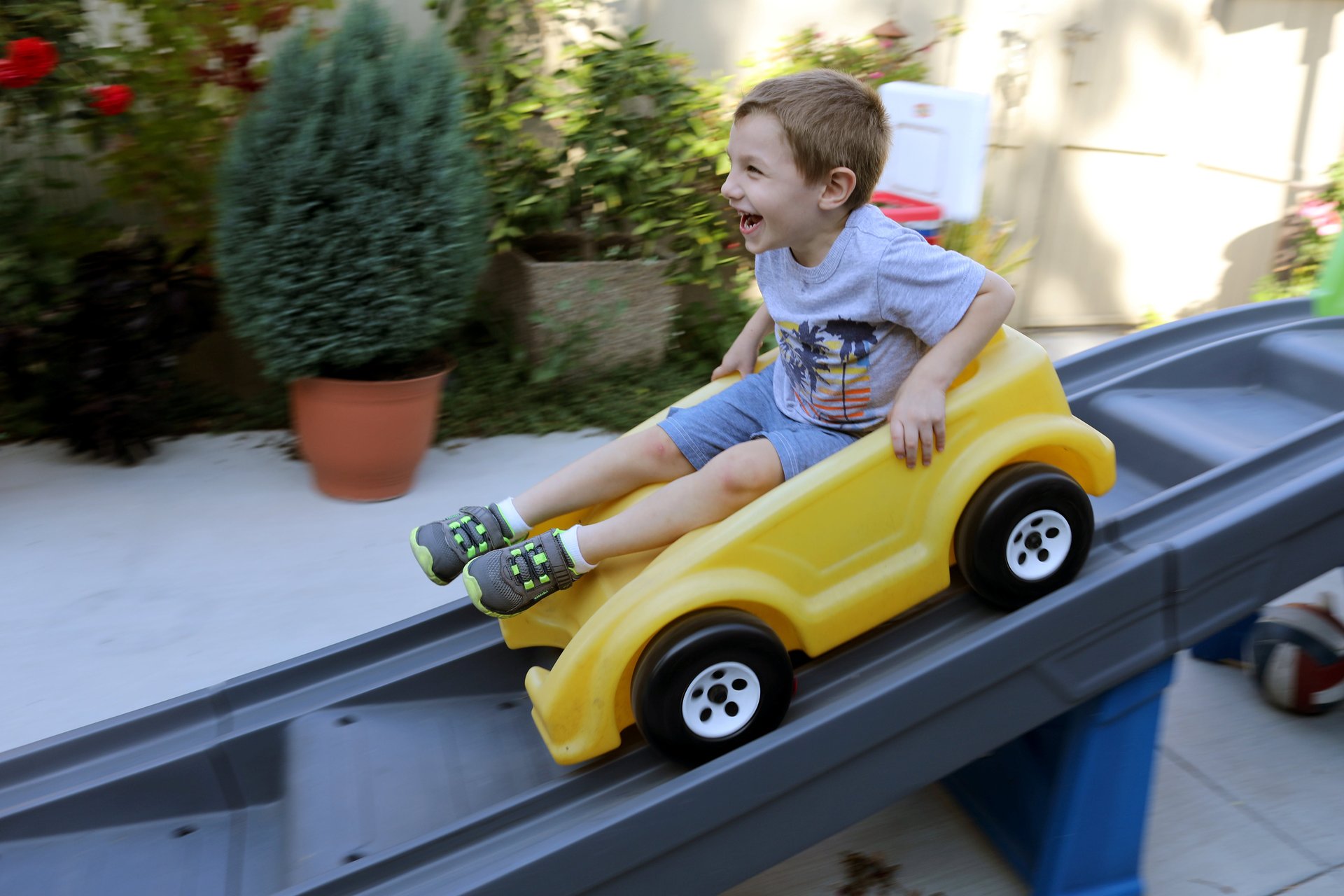Nobody likes a freeloader—including four-year-old kids
It may come as a shock to parents of young children, but preschoolers are more cooperative than we realize.


It may come as a shock to parents of young children, but preschoolers are more cooperative than we realize.
In a novel study to find out how early our instinct for cooperation begins, Yale researchers performed an experiment with kids between the ages of four and 10. The goal was to find out how kids felt about “free riders”—people who fail to contribute to a common project, but reap the benefits from it.
The result? Starting as young as four, kids turn out to dislike free riders intensely, “punishing” those who freeloaded even if they had good reason not to contribute.
“Kids have a pretty strong set of pro-social intuitions around fairness and cooperation, and the need to contribute to larger public goods,” said Yarrow Dunham, assistant professor of psychology and co-author of the paper published in Psychological Science.
Humans are typically cooperative beings, often making sacrifices small and large for the common good—from housesitting for neighbors when they’re out of town to volunteering at schools or stopping at pedestrian walkways. Psychologists have long debated whether we are born this way or socialized to adopt a team-oriented mentality.
Dunham and Fan Yang, the lead author from Yale University, set up six experiments to see how kids felt about freeloaders, all scenarios in which the kids would not suffer directly the effects of freeloading directly but would observe and evaluate the impact it had on others. They did this to isolate whether kids hate freeloading because it hurts them in particular, or whether kids think freeloading is inherently a bad thing.
The kids were presented with some variety of two scenarios: There are four members in a group, and if they all contribute, they get a bigger reward. In one scenario, they contribute plants and the reward is a basket of tomatoes; in another, they contribute chocolates in a “piggy bank,” with the reward being a cake. Children uniformly disliked those who did not contribute and were willing to give up their own rewards to punish the non-contributors. And younger children disliked the freeloaders even more intensely than the nine- and 10-year-olds.
The researchers altered the conditions to test whether kids might dislike freeloaders not because they took advantage of others, but because they were non-conformist; and again to see if the reason for kids’ distaste might be because they were worried freeloaders would force the group to have a worse outcome. No matter what, the kids still dislike the quality. In other words, the researchers found that negative attitudes toward free-riders was because children dislike the concept of freeloading, rather than the outcomes it’s associated with.
“Even young children expect cooperation and are willing to work to sustain it even at a cost to themselves,” Dunham said. “I find this very positive. The seeds that sustain cooperation seem to emerge early on, and while as a society we need to sustain and nurture these values, we may not need to instill them in the first place.”
Dunham said he ran the study because he was curious about the origins of “the incredible cooperative feats of humans.” He left optimistic. “These studies provide evidence that young children have a strong normative expectation of collaborative group behavior and are willing to pay costs to enforce it, and thus from early in development take costly action to facilitate multiparty cooperation even when their own payoffs are not involved,” the study said.
So we may think of our preschoolers as pretty selfish, since in life, they tend more toward freeloading. (So many demands for toys and cookies!) But small children want to be helpful—and they want to cooperate, too. “If you construct these scenarios, they do have strong intuitions about the right thing,” Dunham said.